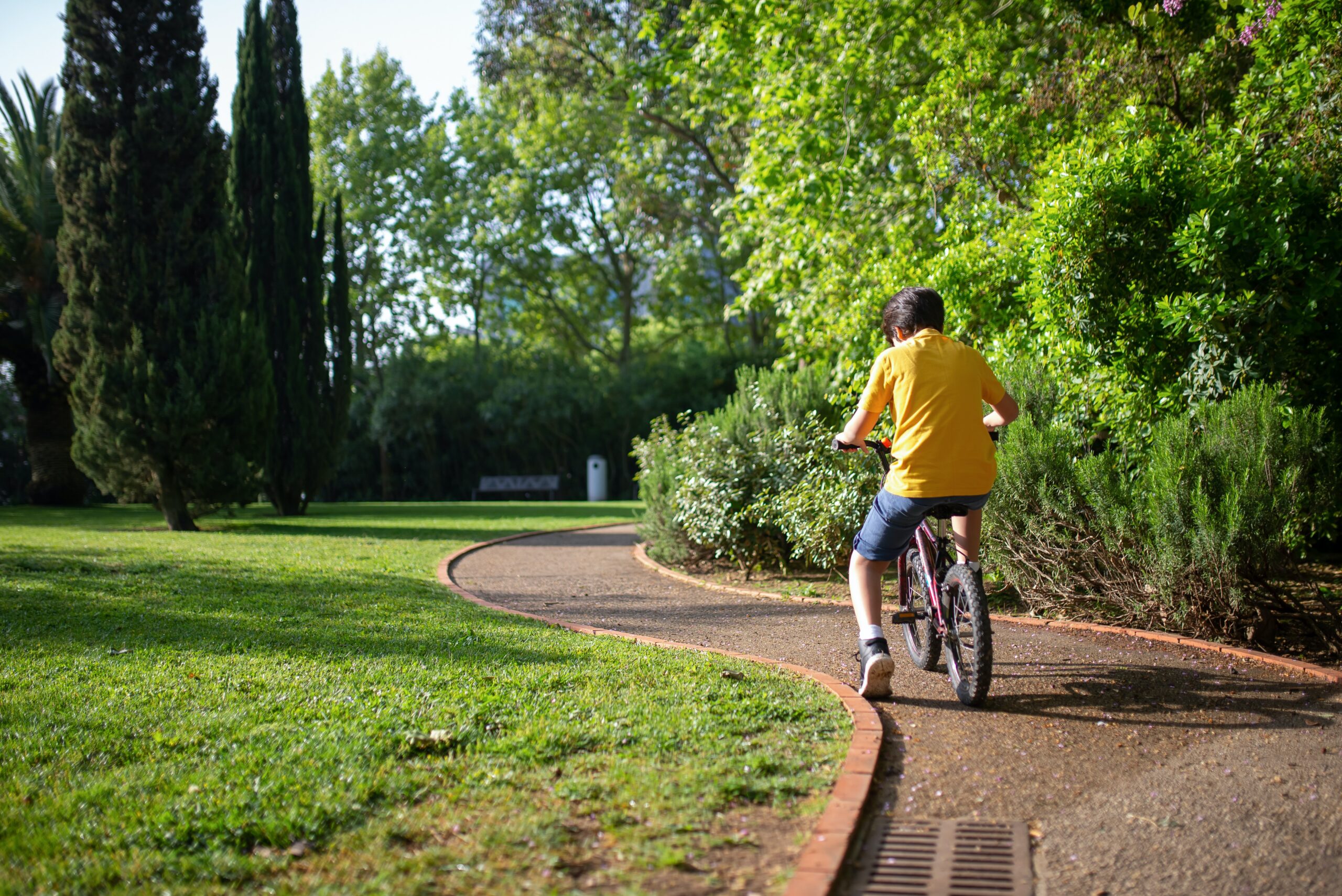A varied range of people have engaged in riding for more than 200 years. Bicyclists can compete in speed and endurance events, travel across the country, test their limits with terrain features and obstacles, conduct errands, and commute to work or school. How many people view cycling as a form of spiritual practice, despite the fact that it can be enjoyed in many different ways?
A spiritual practice is a regular activity that helps us cultivate and connect to the things that matter to us the most. Realizing our “true self” not the social or professional person we project to the outside world, but rather the connection to and expression of our soul, the spirit and core of who we actually are can be an interior journey.
Almost every article that discusses cycling’s numerous health benefits emphasizes how advantageous it is physically. Cycling has several notable and significant advantages for your physical health, but it’s also crucial to acknowledge that it’s incredibly good for your brain.
Cycling has real psychological and mental health advantages, but they are remarkably under-reported. People frequently look for methods to unwind their minds and take a break from the grueling daily grind in today’s hectic work environment.
The list of daily concerns is endless and ranges from family problems to workplace conflict. However, cycling is a fantastic technique for many types of people to reduce these typical pressures.
1. Cycling is therapeutic.

The sport also has a significant internal component. Being entirely outside while riding a bike at speeds of 30 to 40 miles per hour exposes you to the elements. You must pay attention to your gearing, your cadence (pedaling speed), road impediments (excellent for mountain biking, bad for road riding), how much your legs can manage, and what other people are doing.
Traditional meditation techniques aren’t very far from calming yourself so you can keep that level of attention. Additionally, the meditation might get even more intense if you’re riding by yourself. I’ve gone for rides when I fully shut down my consciousness and concentrated just on my breath and the cadence of my pedal strokes.
2. Cycling promotes introspection

Long periods of exercise are draining. You exert physical effort while also requiring your brain to remain alert, frequently while slightly dehydrated and glycogen-depleted. The facades we all like to put up are broken down by all of this, which compels you to be “real.”
Existing in such a primitive state can be a little challenging at first. In those early months of riding a bike, I had more than my fair share of tantrums. Okay, fine, I still have more than my fair share of temper tantrums, but even so, being so honest with yourself makes it much simpler to check in with yourself and learn more about who you are as a person.
3. Your reflexes and senses get sharper with cycling.

You must always be on the lookout when biking like I just said. This improvement in your senses and increased sensitivity to your surroundings transfers to other areas of your life, just like any form of training. In a sport where opting to swerve left or right could mean the difference between a broken collarbone and second place on the podium, you need to become skilled at making snap decisions utilizing all of your senses, including your eyes, hearing, hands, and feet.
4. Cycling increases productivity

This sport takes a lot of time. You need to be effective in order to make the most of it while juggling your job and home life. On days off or days when I can’t ride, I find that I don’t really go out of efficiency mode, so I continue to work quite hard.
5. Making friends through cycling

You ride with other people for hours, days, or even weeks, especially if you’re part of a club or racing team. Together, you are able to traverse great distances or make quick sprints to the finish line. The person in front of a group of riders, known as the “puller,” is always exerting the most effort since they are facing the most wind resistance. Typically, everyone alternates pulling. Additionally, when your riding partners are worn out, you encourage each other and continue to be strong for them.
6. Lift your spirit and intellect.

Stress and despair are lessened in cycling. Exercise releases feel-good chemicals called endorphins, which will boost your confidence and self-esteem. Going outside, breathing in the clean air, and feeling the breeze on your face are all very healthy for the spirit. As you ride, you may take in the splendor of the sunrise and sunset as well as a close-up look at the wildlife, plants, and flowers.
7. Make your heart strong.

Your heart will beat more quickly as a result of this exercise, which will also lower blood pressure and your resting heart rate. The cardiovascular benefits of walking, running, or dancing are all comparable to those of cycling.

